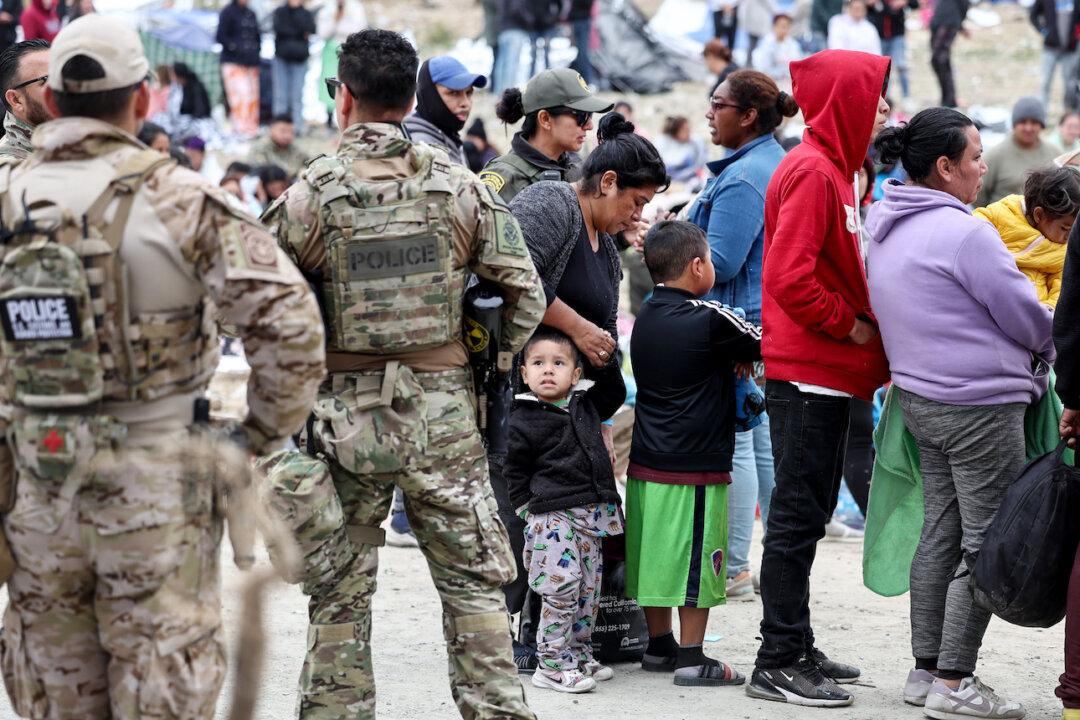The Biden administration has introduced a new immigration program to allow some nationals of Central America and Colombia to enter the United States.
The U.S. Department of Homeland Security (DHS) announced on July 7 that it’s implementing “new family reunification parole (FRP) processes” for Colombia, El Salvador, Guatemala, and Honduras. The program was first announced in April.




